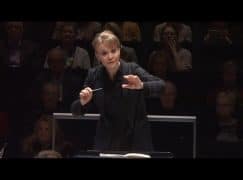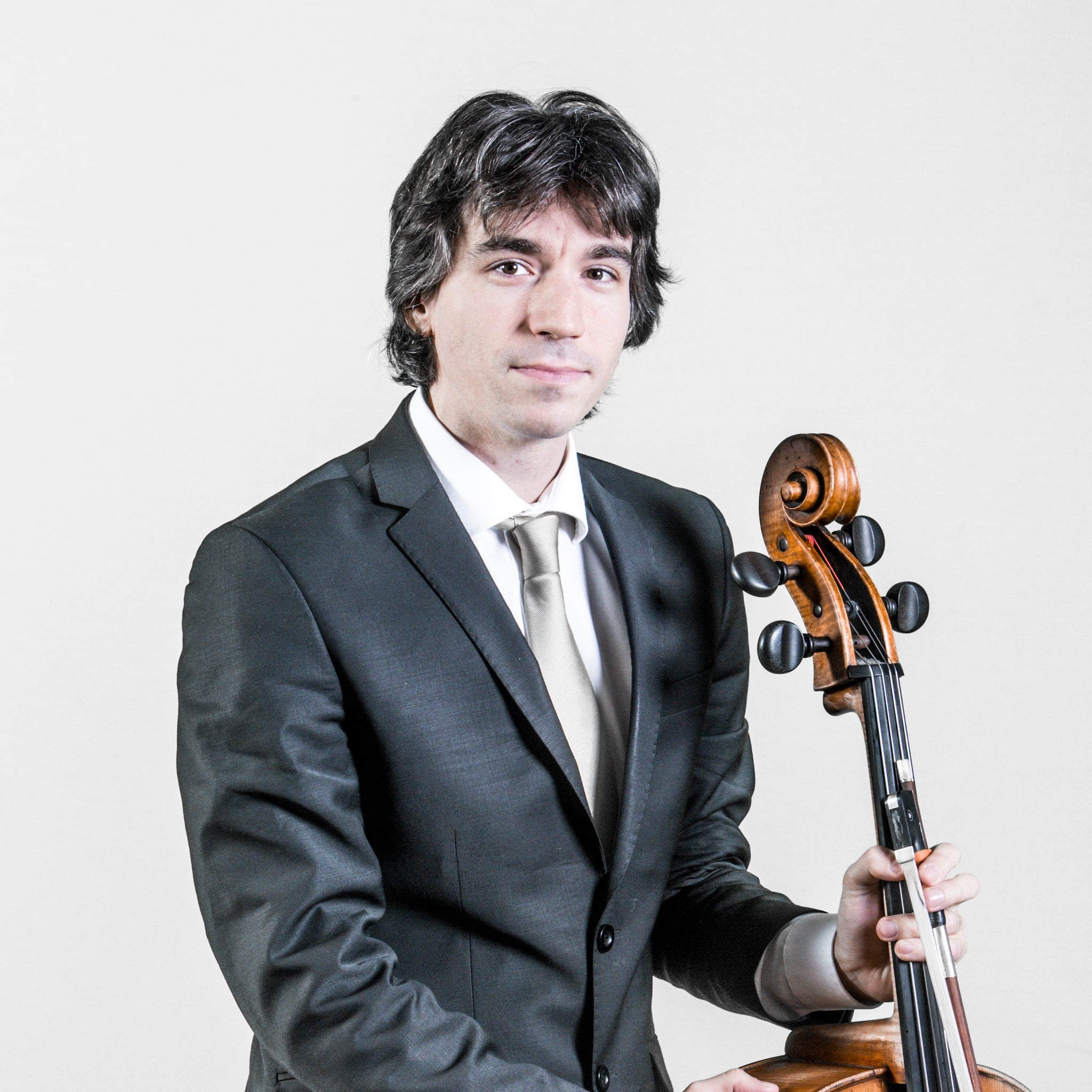The most challenging orchestral concert of the century
mainI once saw Susanna Mälkki conduct a concert made up entirely of world premieres by unknown composers. It was in Stockholm, and very bracing, too. The audience was small, but curious.
Never in my wildest dreams did I imagine that a US orchestra would invite Susanna to repeat the feat – a concert made up of nothing but new sounds without a single familiar name on the billboard. And not one American.
That’s what the Los Angeles Philharmonic has just done.
Here’s the lineup:
Francesco FILIDEI: new work for organ (world premiere, LA Phil commission)*
Arnulf HERRMANN: new work for chamber ensemble (world premiere, LA Phil commission)*
Lotta WENNÄKOSKI: new work for ensemble (world premiere, LA Phil commission)*
Miroslav SRNKA: new work for ensemble (world premiere, LA Phil commission)*
Yann ROBIN: Übergang II (world premiere, LA Phil commission)*






Comments